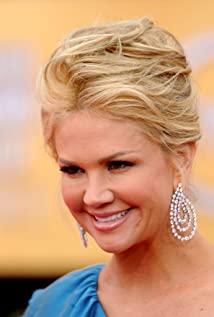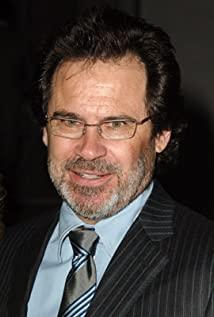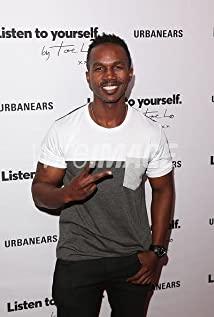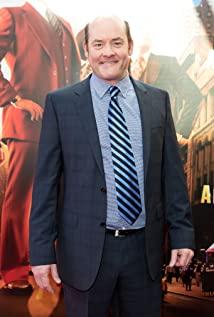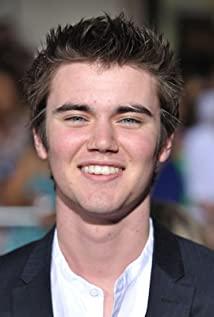These two sentences were made by Jingchun, a disciple of Mencius, who commented on Su Qin, Zhang Yi and other scholars. Jingchun's conclusion was, "Isn't it a sincere man!" Mencius's response was also straightforward, "The rich and the noble cannot be promiscuous, and the poor and the lowly cannot be moved. , Might cannot be swayed, it is called a man.” Su Zhangzhiliu, “Is evil enough to be a man?”.
Obviously, Jingchun paid more attention to Su Zhang's deeds, that is, his achievements in "shu", while Mencius despised the insignificance of the two in "dao". However, Su Qin and Zhang Yi, two villains who had long been characterized by Mencius as despicable, became the lingering pursuit in the minds of literati for thousands of years. Just relying on three inches of good tongue, each has been in China for more than ten years, how many people can refuse such a dream thing?
I compare Nick to someone like Su Qin and Zhang Yi. In terms of space and time, there is a somewhat strange sense of disobedience. But in fact, the analysis of morality and talent has always been a tangled issue. Nick's wife would not have divorced the rich and handsome Nick without the moral pain. If it wasn't for a mutual appreciation of their talents, these shameless MODs wouldn't have formed a true friendship.
The paradox is that, with the passage of time, we, the descendants of Confucius and Mencius, do not seem to have such confusion like the old beauty. We today are perhaps the least likely group to morally challenge someone like Nick. In the film, what makes us feel the most is Nick's ups and downs in his career and Wushan in his life. Although it was later proven to be a hoax, when Nick was in a beautiful bungalow with a beautiful female reporter changing various poses, I don't believe that the high hormone concentration at this moment will make you think of even the slightest morality. You look down and look up at the screen and tell yourself, well, that's the role model.
But maybe eventually you'll calm down, and when the blood goes back to the brain, we'll probably be in deep moral questioning: would I do something like this, Nick?
However, before answering this relatively high-end question, there is a relatively simple and cruel problem to be solved, which we have ignored intentionally or unintentionally. We avoid asking ourselves such questions to avoid self-esteem damage. But the question still remains, that is: Can we do something like this?
Compared with "art", morality is a more grand and abstract issue. Because of its grandeur, it has great room for development, so it has both the morality of the Qin king to conquer the world for years, and the morality of being kind to others and coexisting peacefully. These two apparently contradictory morals exist in the moral system without contradiction. At the same time, because of the abstract nature of morality, we can have a variety of contradictory conclusions about the moral deduction of a thing. At this time, the outcome of the moral debate will become a purely technical issue. High and low comparison. No wonder Nick would say, "As long as you argue correctly, you will always be right"
and there is not much room for manoeuvre in "skills". The level of "skill" is often clear at a glance. Therefore, we will use a relatively vague thing such as morality to dilute the importance of "art" to people. The so-called "virtue is called a gentleman, only the victory is called a villain". We need to add a moral red line in addition to "skills" to measure and judge a person. However, there are multiple interpretations of morality, so there are many false elements, but talent cannot be false, so it is almost always true. It is no wonder that there are often hypocrites and real villains.
The so-called merit annihilation and great virtue passed down. But sometimes, morality changes with time. Today, we no longer measure ourselves by the morality of Confucius and Mencius, but Su Qin and Zhang Yinick have always been the object of our self-expectation. In this sense, which one is the Tao or the art? na? There are not a few who defend Cao Cao, and very few are afraid of Lv Bu's injustice. Is it because Cao Cao is more morally superior than Lv Bu? It's nothing more than that Cao's achievements in "skills" are higher, and he has more room to play in moral interpretation.
"Through everyone's freedom to pursue their own goals and objectively achieve the improvement of the total social welfare", this is an ideal society, but it may not be a fact after all. I talk so much today, I am not calling for a mother or a mother. If the society I live in is like this, it will always be destroyed. What I want to say is that if you don't have the basic condition of "skill", just talking about it is somewhat vague. After all, the moral superiority of the incompetent has almost negligible positive and negative impact on society. When watching the deep V of the flight attendant in the film, we will understand that it is our top priority for those of us who overflow with morality to solve the contradiction between the growing material and cultural needs and the low self-ability status.
View more about Thank You for Smoking reviews







